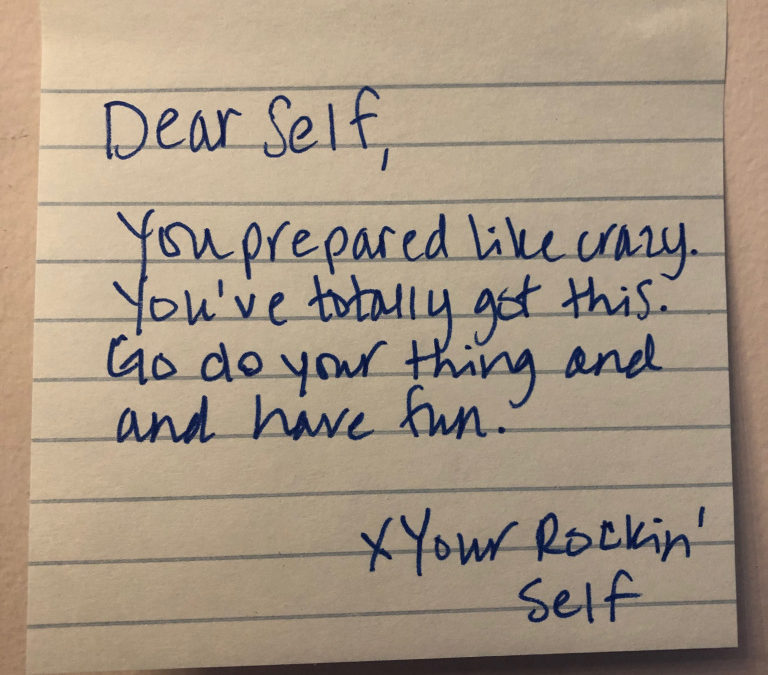The value of being kind to oneself and others is often underemphasized in our daily life. Last year I wrote ten dating guidelines (and did a fun podcast on them). The first guideline is: Be Kind- to yourself and to “them.” Being kind is also a great place to start a new decade, a contentious election year, and any coaching process.
In the dating guidelines, being kind to them means not deciding every date gone wrong or person not right for us is a complete jerk. This keeps us open to the many nuances of why someone may not be a good fit for us, useful information when we are looking for partners. Similarly, when struggling in our relationships at work, it doesn’t serve us to demonize those we don’t get along with. The moment we turn someone else into the bad one and ourselves into the good one (or victim), we diminish our capacity to influence the situation productively. An inclination toward kindness in assuming good will and good intentions in others, pulls us out of us versus them mentality. It empowers us to resolve difficult situations more quickly and invites others to treat us with the same respect and benefit of the doubt.
The best way to build the habit of being kind to others is to be kind to ourselves. This is critical in any effort to be and do better. In my dating guidelines, kindness is first because dating is a vulnerable process. We put ourselves out there over and again while trying to be fun, authentic, brave, nice…sometimes when we don’t feel like being any of those things. We are repeatedly forced to see ourselves through other’s eyes and reckon with their perception. If we are not kind to ourselves, this can become very un- fun very fast. Generosity and kindness with myself enabled me to have fun and feel in control during the ups and downs of many years of dating.
If we want to live in self-awareness, improve and evolve, kindness to ourselves is foundational. Improvement in anything means acknowledging lousy habits, identifying blind spots and identifying the ways in which we get in our own way and hurt others. This is good, brave work that is much easier to take on if we can be kind to ourselves while we do it. If we punish ourselves at every turn, we slow ourselves down, possibly to a standstill. The people who get the most out of coaching are the ones who most readily forgive themselves. Those inclined to torture themselves as they confront their bad habits are so stifled by their self-judgement they struggle to move forward with the work of figuring out new ways of doing things. Coaching becomes too painful and they are more likely to give up.
We treat others how we treat ourselves. Those who can’t forgive when they feel betrayed and who need to blame others when things go wrong are the people who are hardest on themselves. They swim regularly in their own regret and recoil with shame when others are disappointed in them. We all experience regret, remorse and shame. And we have choice whether we hold onto these feelings and let them drive our behavior. We have choice about the extent to which we let the judgement of others impact our perception of ourselves. If we are fundamentally kind to ourselves, we can take how other people perceive us as useful information rather than proof of our inadequacy. We can hear and make use of feedback.
There is, of course, a version of being “successful” without kindness, to yourself or others. But this success is painful for you and everyone around you. You need not look far for current examples. You deserve better. The world deserves better.
Learning to take possession of the voice in your head and make sure it’s being nice to you is not a luxury. It’s not a self-help-y thing to try in your spare time. It’s how you best position yourself to take control of everything else in your life you are working toward, personally and professionally. It is the best foundation for doing good work, accomplishing your goals, building strong, durable relationships and having more fun. Go after it.

